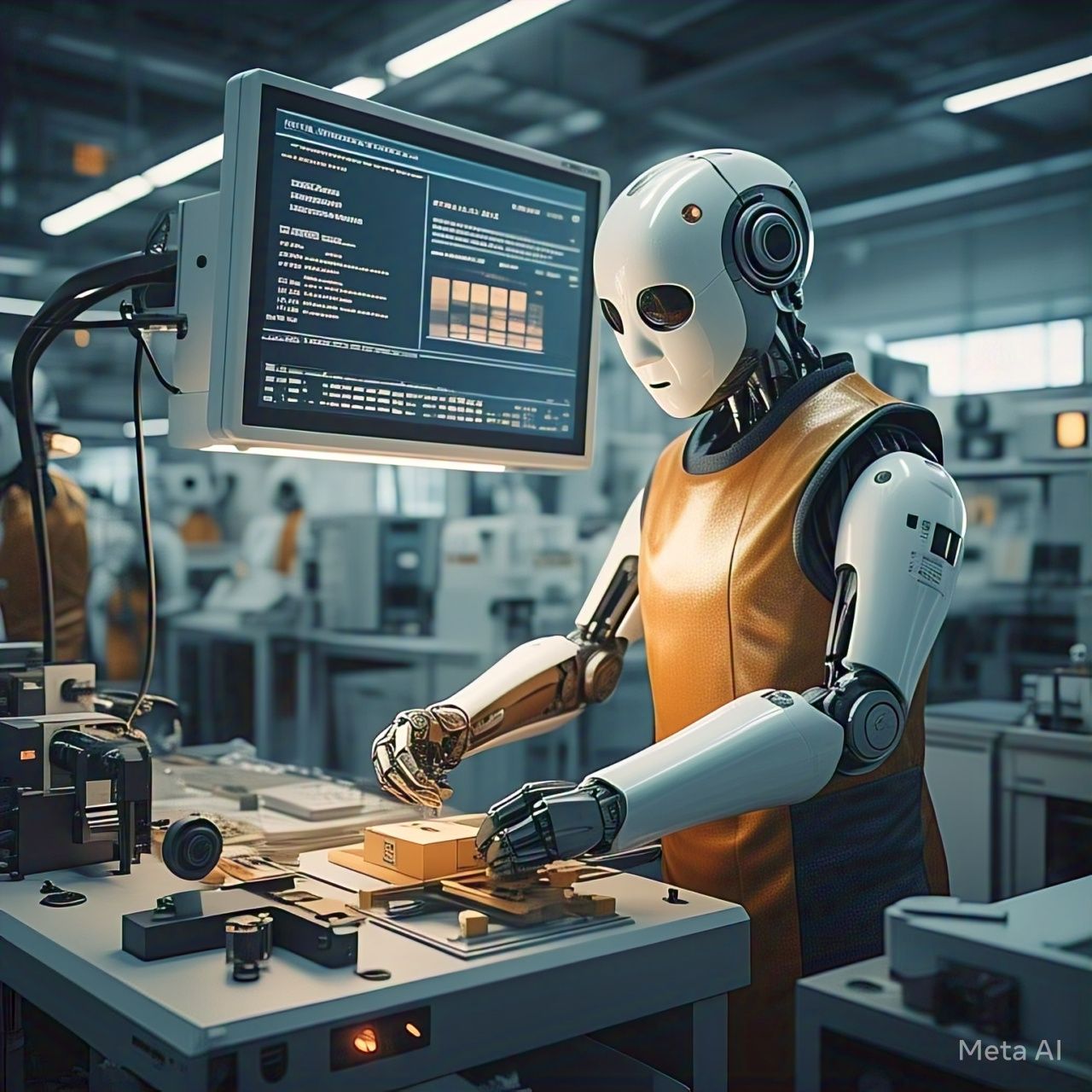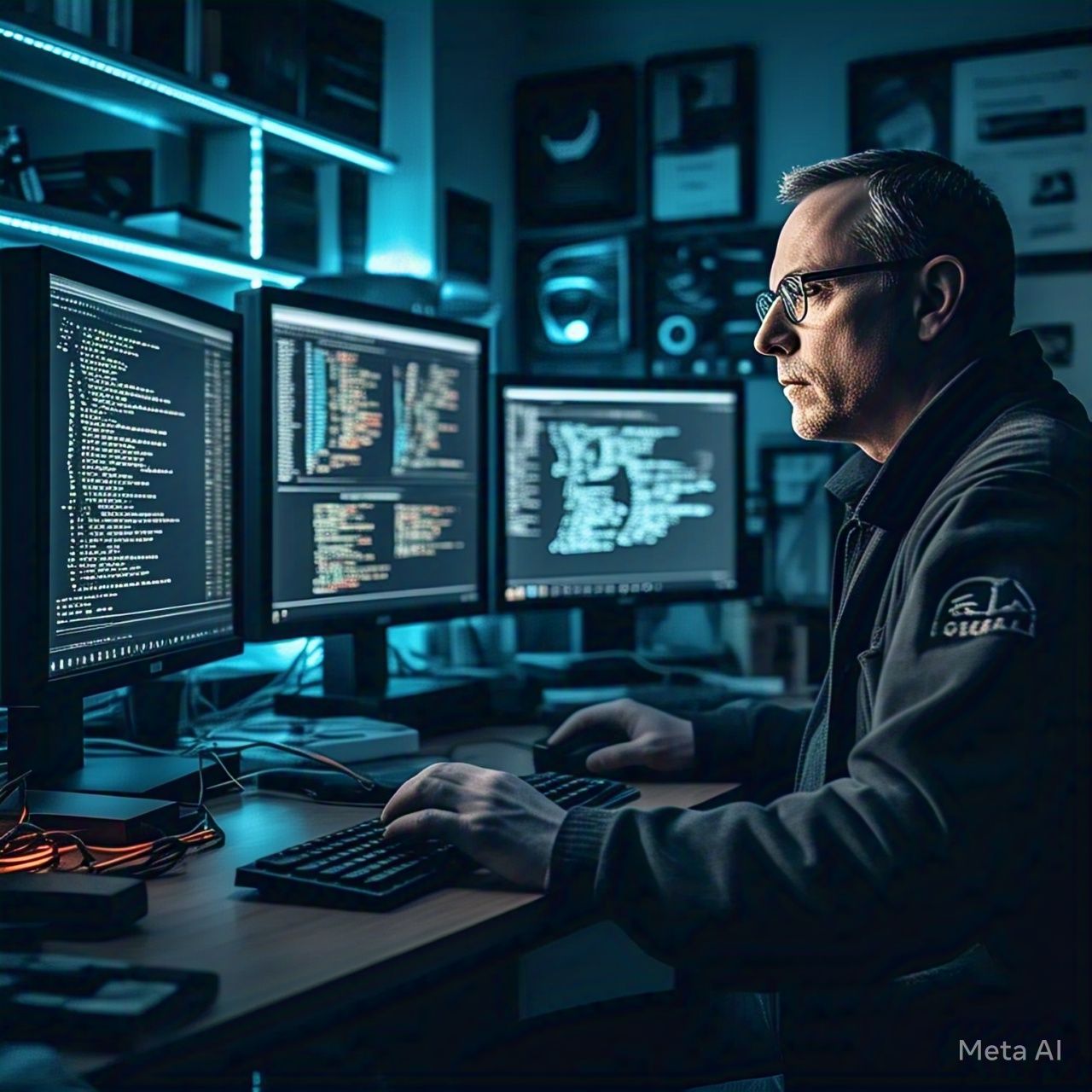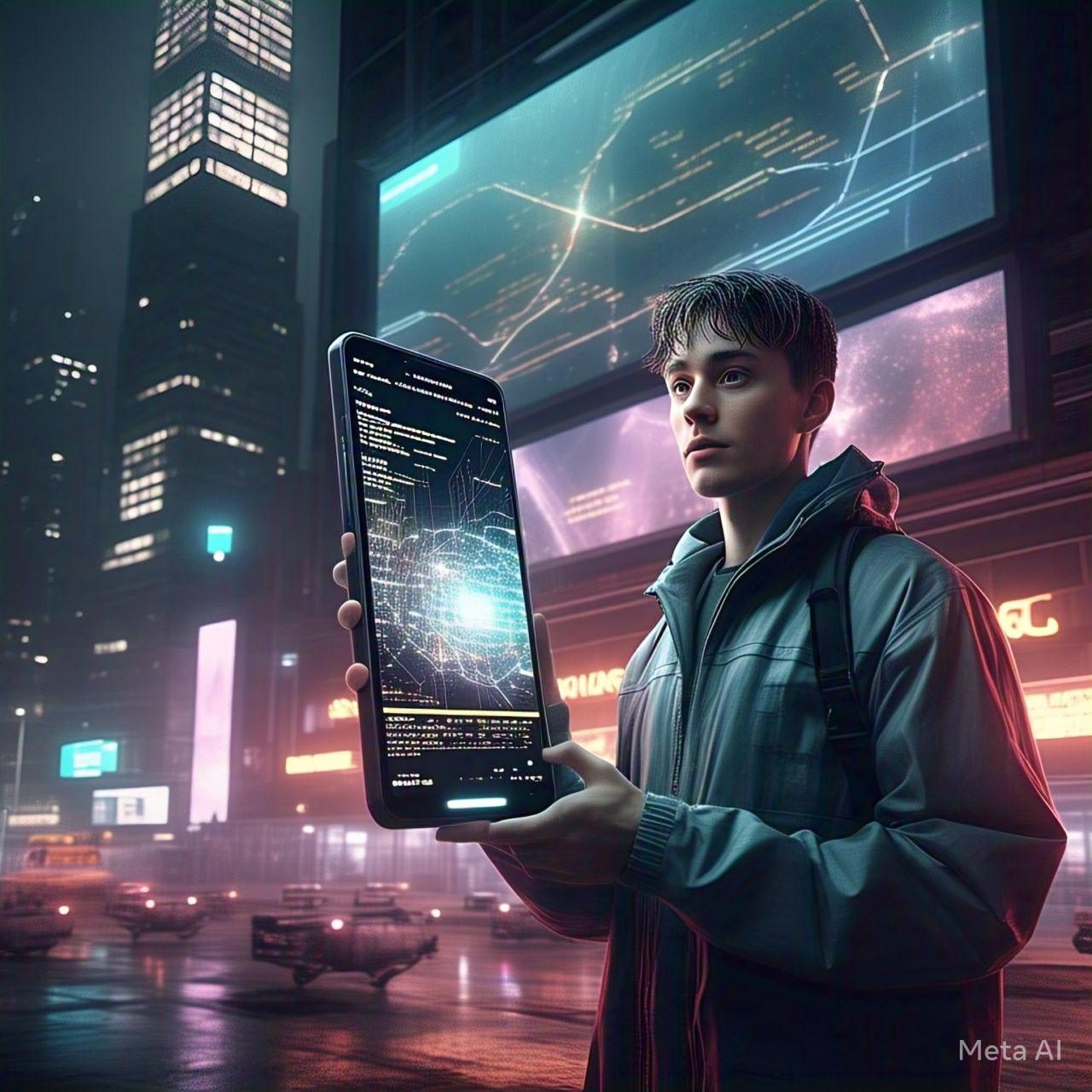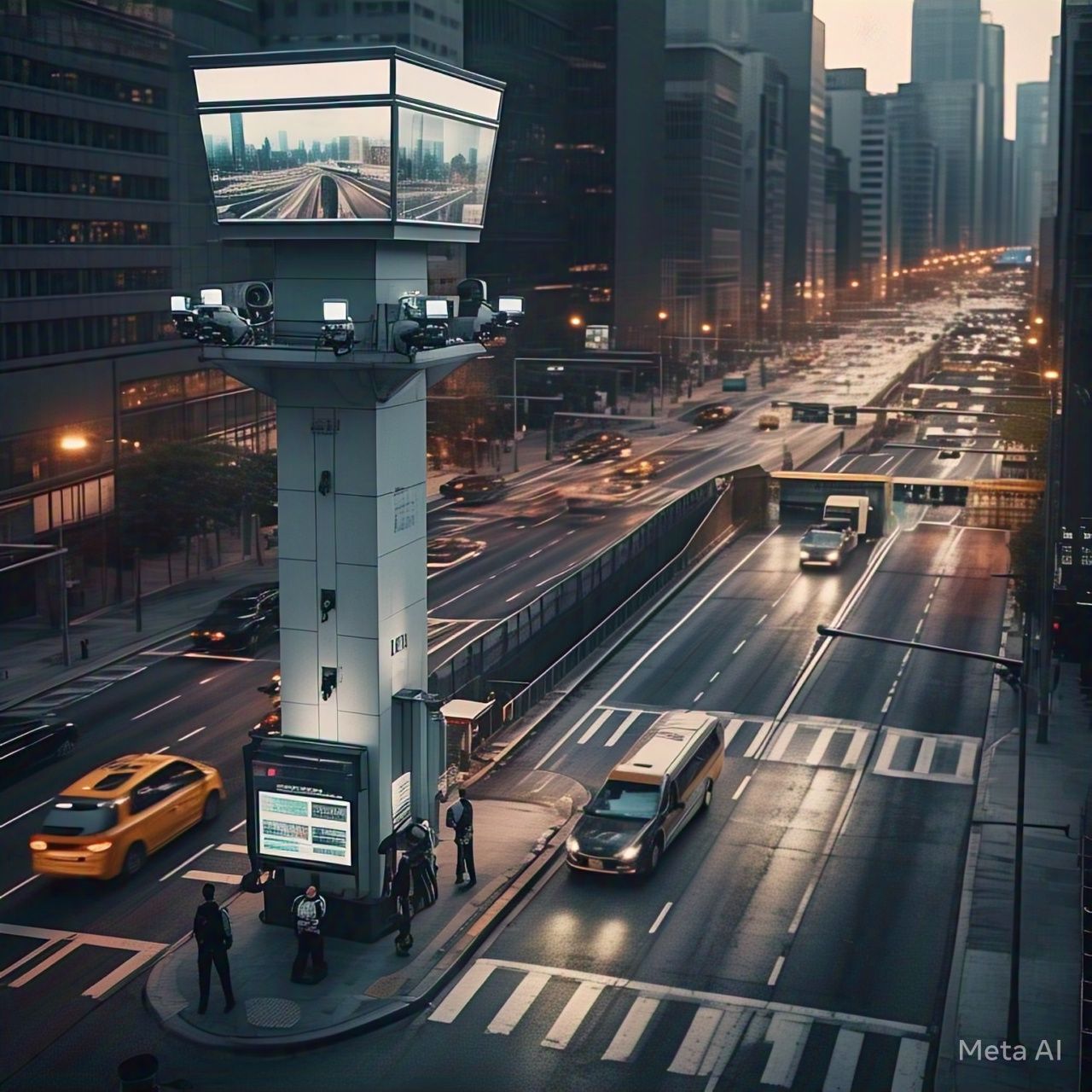Table of Contents
- Introduction
- Understanding AI-Powered Automation
- The Role of AI in Modern Workplaces
- Key Industries Transforming Through AI Automation
- Manufacturing
- Healthcare
- Finance
- Retail
- Customer Service
- Benefits of AI-Powered Automation
- Increased Efficiency
- Cost Reduction
- Enhanced Decision-Making
- Improved Accuracy
- Challenges and Ethical Concerns
- Job Displacement
- Bias in AI Systems
- Data Privacy and Security
- The Future of Work: AI and Human Collaboration
- How Businesses Can Prepare for an AI-Driven Future
- Conclusion
- FAQs
Introduction
Artificial Intelligence (AI) is revolutionizing the way businesses operate by automating tasks, enhancing productivity, and streamlining operations. AI-powered automation is shaping the future of work, raising questions about its benefits, challenges, and implications for employment.
Understanding AI-Powered Automation
AI-powered automation refers to the use of machine learning, natural language processing, and robotics to perform tasks traditionally carried out by humans. From chatbots handling customer inquiries to AI-driven predictive analytics in finance, automation is transforming workplaces worldwide.
The Role of AI in Modern Workplaces
AI is no longer a futuristic concept—it is an integral part of today’s workforce. Companies are leveraging AI to automate repetitive tasks, enhance decision-making, and improve efficiency. AI tools such as robotic process automation (RPA) and AI-driven analytics are helping businesses make data-driven decisions with greater accuracy.
Key Industries Transforming Through AI Automation
Manufacturing
AI-powered robots and smart factories are increasing production efficiency, reducing errors, and optimizing supply chains.
Healthcare
AI is assisting doctors with diagnostics, predictive analytics, and personalized treatments, improving patient outcomes.
Finance
Automated trading systems, fraud detection algorithms, and AI-powered customer service are transforming the financial sector.
Retail
AI is enabling personalized shopping experiences, inventory management, and demand forecasting, enhancing customer satisfaction.
Customer Service
Chatbots and virtual assistants powered by AI are handling queries, reducing response times, and enhancing customer experience.
Benefits of AI-Powered Automation
Increased Efficiency
AI automates repetitive tasks, allowing employees to focus on more strategic activities.
Cost Reduction
Automation reduces operational costs by minimizing human errors and increasing productivity.
Enhanced Decision-Making
AI-powered analytics provide insights that help businesses make informed decisions quickly.
Improved Accuracy
AI systems process data with high precision, reducing the likelihood of errors in decision-making.
Challenges and Ethical Concerns
Job Displacement
Automation is replacing jobs that involve repetitive tasks, leading to concerns about workforce displacement.
Bias in AI Systems
AI models can inherit biases from training data, leading to unfair outcomes in hiring, lending, and policing.
Data Privacy and Security
As AI systems collect vast amounts of data, ensuring privacy and security is a growing concern.
The Future of Work: AI and Human Collaboration
Rather than replacing humans entirely, AI will augment human capabilities. Future workplaces will require a balance of human creativity and AI-driven efficiency.
How Businesses Can Prepare for an AI-Driven Future
- Invest in AI Training: Equip employees with AI-related skills to work alongside automated systems.
- Adopt AI Responsibly: Implement AI ethically by ensuring transparency, fairness, and data security.
- Encourage Innovation: Companies should foster a culture that embraces AI-driven change.
Conclusion
AI-powered automation is reshaping the workforce, offering numerous benefits while posing challenges that need to be addressed. The future of work lies in the synergy between AI and human intelligence, enabling businesses to thrive in the digital era.
FAQs
Q1: Will AI automation replace all jobs?
A: AI will replace some repetitive tasks but will also create new opportunities that require human creativity and problem-solving skills.
Q2: How can businesses integrate AI into their operations?
A: Businesses can adopt AI by investing in AI-powered tools, training employees, and ensuring ethical AI implementation.
Q3: What industries are most affected by AI automation?
A: Manufacturing, healthcare, finance, retail, and customer service are among the industries significantly impacted by AI-driven automation.
Q4: What are the biggest ethical concerns with AI?
A: Bias in AI models, job displacement, and data privacy are the primary ethical concerns.
Q5: How can employees prepare for an AI-driven future?
A: Employees can upskill in AI-related fields, adapt to new technologies, and embrace continuous learning to remain competitive in the job market.
Citation:
- Brynjolfsson, E., & McAfee, A. (2017). Machine, Platform, Crowd: Harnessing Our Digital Future. W.W. Norton & Company.
- Ford, M. (2015). Rise of the Robots: Technology and the Threat of a Jobless Future. Basic Books.





